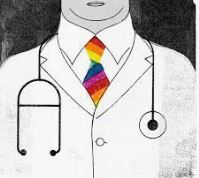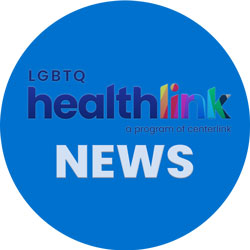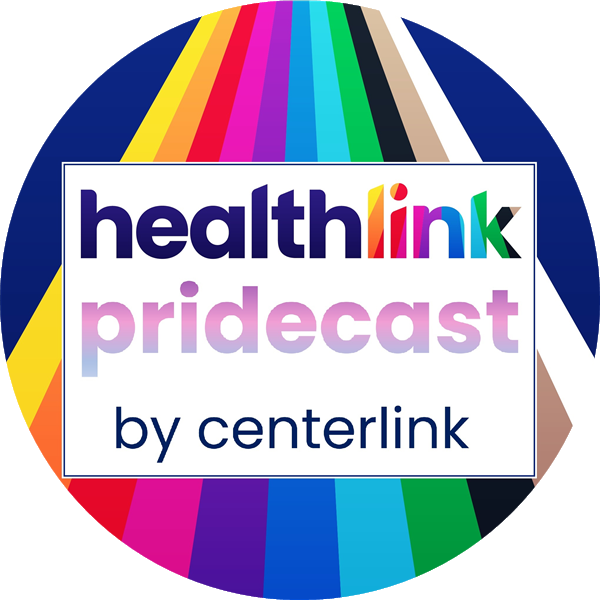Healthcare’s Diversity Problem Starts in Med School

LGBT HealthLink, 3/6/2020
Healthcare Diversity Problem Starts in Med School
A new study found that among 27,000 medical students, sexual minorities were much more likely to report at least one incident of mistreatment in medical school as compared to their heterosexual peers. Specifically, 43.5% of LGB students had faced such mistreatment, compared to 23.6% of heterosexual students – almost double the likelihood. Female students and students of color also faced disparities.
Growing Movement Targets Conversion Therapy
Reuters reported on a growing movement to end so-called “conversion therapy” at the national level – both in the U.S. and abroad – and the leading role that survivors of such treatment are playing. Only three countries worldwide have banned the practice; in the U.S., 19 states have placed limits on it, such as preventing such attempts among minors, while still often permitting it for consenting adults.
Cancer Screening Disparities for People of Color
A Canadian study found that men living with HIV faced racial/ethnic disparities in anal cancer screening. Compared to White men, Asian men were less likely to have discussed getting screened with their provider, and African, Caribbean, and Black men were less likely to have received digital anorectal exams. The authors say this could lead to a disparate burden of anal cancer among men of color living with HIV.
Addressing Social Isolation among Older LGBT Adults
The National Academies of Sciences, Engineering, and Medicine reported that LGBT older adults may be at particular risk for social isolation. They also say that while there are likely interventions that serve minority populations – including LGBT older adults and people of color – there has been little study on this topic and so providers currently lack data that could help address disparities.
$117 Million Awarded in HIV Fight
The U.S. Department of Health and Human Services announced that over $117 million had been awarded as part of its effort to end the HIV epidemic. Like the Ending the HIV Epidemic plan, the awards focused on the counties, cities, and states that are facing disproportionate rates of the virus. Awardees included 195 health centers and 60 Ryan White programs, and will focus on prevention, testing, and PrEP.
Supportive Communities See Less Substance Use
Researchers found that in British Columbia, sexual minority youth who lived in communities that were more supportive of LGBTQ people were less likely to use illicit drugs, with sexual minority girls also being less likely to smoke or to use marijuana in particular. On the whole, sexual minority youth in places with more LGBTQ events had lower odds of substance use, suggesting this could be a protective factor.




